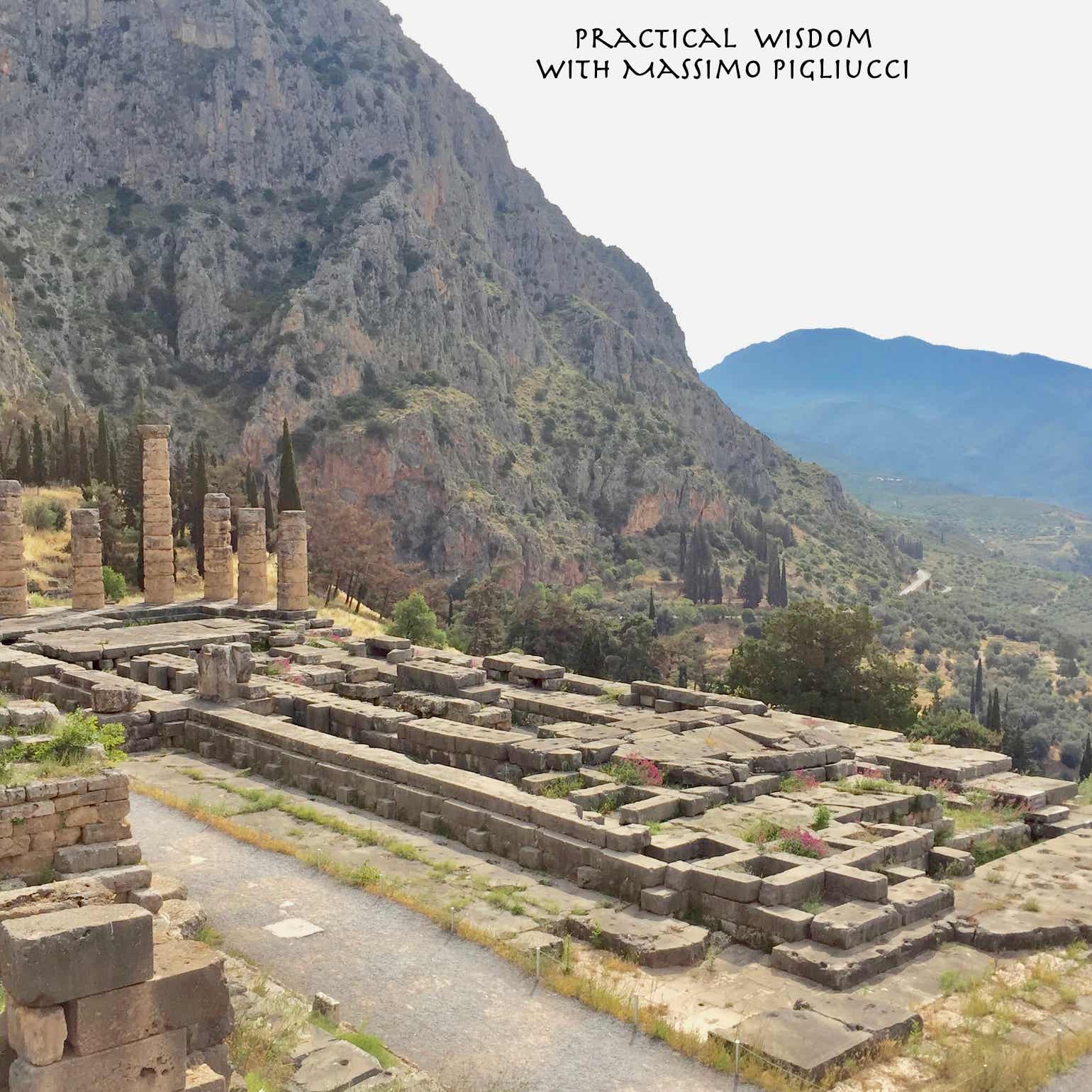Episodes
“Our inquiry would be adequately made if it should attain the clarity that accords with the subject matter. For one should not seek out precision in all arguments alike, just as one should not do so in the products of craftsmanship either.
The noble things and the just things, which the political art examines, admit of much dispute and variability, such that they are held to exist by custom alone and not by nature.
And even the good things admit of some such variability on account of the harm...
Published 08/21/23
“The first thing, then, is to inquire what death, which seems to be so well understood, really is.
For some imagine death to be the departure of the soul from the body.
Others think that there is no such departure, but that soul and body perish together, and that the soul is extinguished with the body. …
There is great dispute even what the soul is, where it is, and whence it is derived. …
Empedocles imagines the blood, which is suffused over the heart, to be the soul; to others, a certain...
Published 08/14/23
“Attachment to many things weighs and drags us down. That’s why, if the weather stops us from setting sail, we sit and fume, constantly peering outside: ‘Which direction is the wind from?’ ‘The north.’ ‘Damn! When is it going to blow from the west?’ In its own good time, my friend.
“So what must we do? Make the best of what’s up to us and take everything else as it comes.
“So what resources do we need to have at hand for circumstances like these? Just the knowledge of what is and isn’t mine,...
Published 08/07/23
“SOCRATES: Good day to you, Ion. Where have you come from on this visit to us? From your home in Ephesus?
ION: Oh no, Socrates, from Epidaurus, from the festival of Asclepius. …
SOCRATES: Well then, did you take any part in the competition? And how did you fare in it?
ION: We carried off the first prize, Socrates.
SOCRATES: That’s splendid news. … I must confess, Ion, I’ve often envied you rhapsodes your art, which makes it right and proper for you to dress up and look as grand as you can....
Published 07/31/23
“No one should postpone the study of philosophy when he is young, nor should he weary of it when he becomes mature, because the search for mental health is never untimely or out of season.
To say that the time to study philosophy has not yet arrived or that it is past is like saying that the time for happiness is not yet at hand or is no longer present.
Thus both the young and the mature should pursue philosophy, the latter in order to be rejuvenated as they age by the blessings that accrue...
Published 07/24/23
“A. To me death seems to be an evil.
M. What, to those who are already dead? or to those who must die?
A. To both.
M. Tell me, I beseech you, are you afraid of the three-headed Cerberus in the shades below, and the roaring waves of Cocytus, and the passage over Acheron, and Tantalus expiring with thirst, while the water touches his chin; and Sisyphus, who sweats with arduous toil in vain the steepy summit of the mount to gain?
A. Do you take me to be so imbecile as to give credit to such...
Published 07/17/23
Aristotle, in Nicomachean Ethics I.1.2, distinguishes between intrinsic and instrumental goods. Some things are good for the sake of something else: we want a nice house because it is comfortable. Other goods, however, are fundamentally good and do not admit of the question "but why do you want it?" Happiness is a fundamental good.
This is a public episode. If you’d like to discuss this with other subscribers or get access to bonus episodes, visit figsinwinter.substack.com/subscribe
Published 07/10/23
First episode of the Practical Wisdom podcast with Prof. Massimo Pigliucci of the City College of New York. We discuss Epictetus's Discourses, I.1.1 to I.1.6, which focuses on the Stoic conception of reason as well as on the separation between mind-independent facts and human judgments.
This is a public episode. If you’d like to discuss this with other subscribers or get access to bonus episodes, visit figsinwinter.substack.com/subscribe
Published 07/03/23


